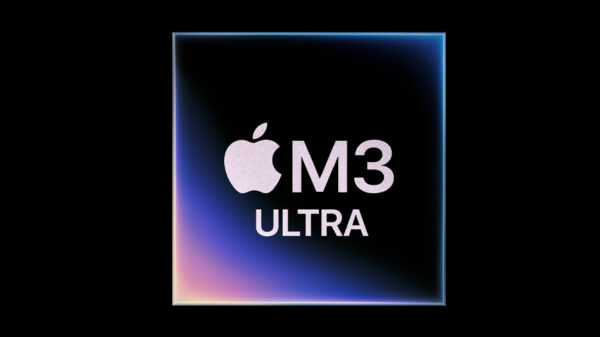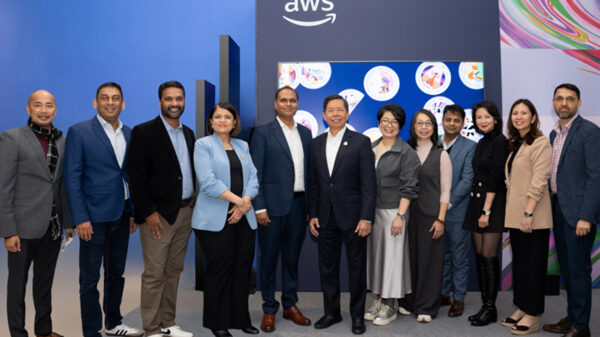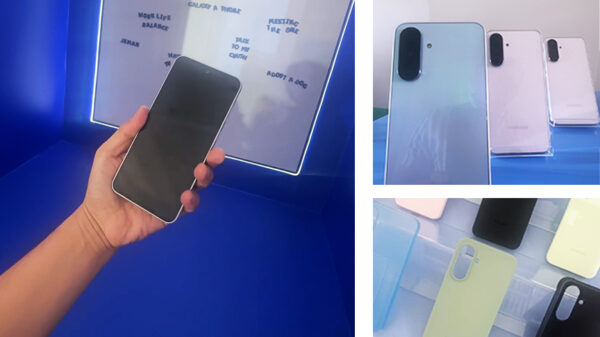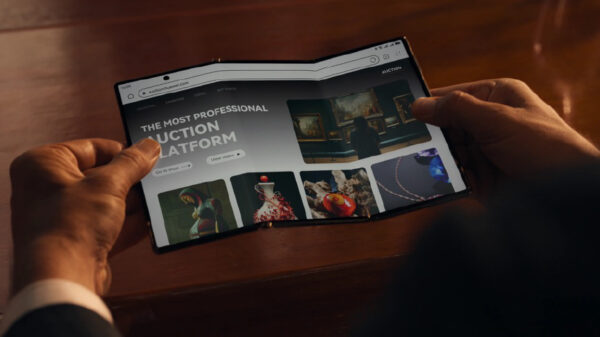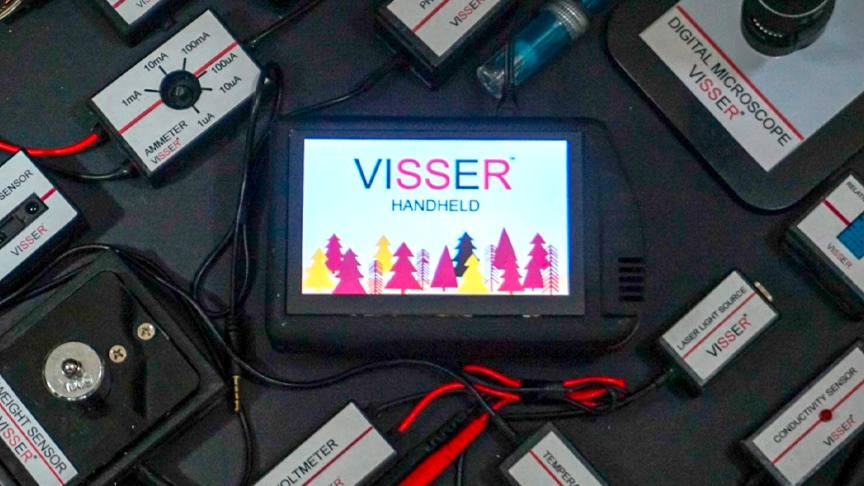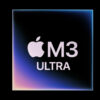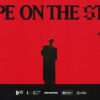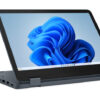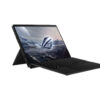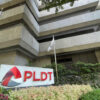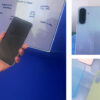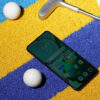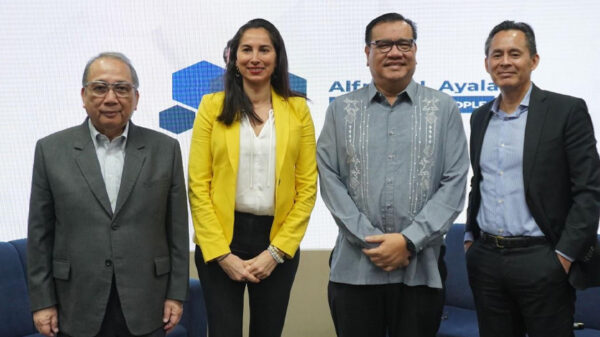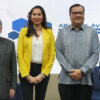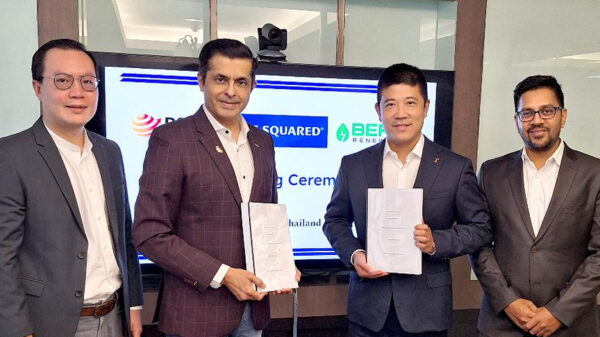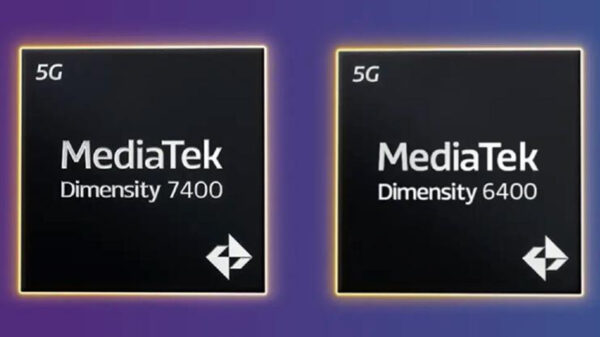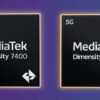The Philippines has long lagged behind the rest of the world in terms of science, technology, engineering, and mathematics (STEM) learning: in 2018, the country was the second worst out of 79 countries worldwide in terms of the science and mathematics performance of high school students.
This dearth prompted physics professor and current Dean of the University of the Philippines – Diliman College of Science (UPD-CS) Dr. Giovanni A. Tapang to spearhead the Versatile Instrumentation System for Science Education and Research (VISSER).
This low-cost, portable handheld device that students can use for their laboratory experiments was developed in collaboration with researchers from UP Diliman and UP Los Baños, with support from the Department of Science and Technology (DOST) and the UP Diliman Office of the Vice President for Academic Affairs (UPD OVPAA).
“Gaining a better understanding of science requires laboratory experiments, but specific equipment is often expensive, making it difficult for some high schools in the Philippines to purchase necessary equipment,” Dr. Tapang said. “VISSER addresses this problem through low-priced modern digital tools for learning to help transform students’ curiosity into scientific competency and broaden their perspective by exploring the experiential aspect of science.”
PHOTO CREDIT: making.technology
VISSER aims to bring a modern science laboratory experience to high schools all over the country. Designed for students on a STEM track, the device allows for hands-on experiments in various subjects including physics, chemistry, biology, environmental science, and engineering.
In 2022 alone, close to a hundred schools across the country received VISSER kits. An improved version is in the works, for use in online classes and distance learning, aptly dubbed VISSER@Home.
Dr. Tapang will be talking at length about VISSER at the upcoming iStories webinar hosted by UPD-CS this coming April 24, 2023. Joined by VISSER co-inventor and PhD candidate Dwight Angelo Bruzon, the forum will tackle not just the ideation and development of VISSER, but also its mass production and distribution.
“Thirty-five percent of high schools in the Philippines have no laboratories. Meanwhile, among those with laboratories, 33% have no access to digital tools for learning. Our mission is to put modern laboratories in every school and college in the country,” Bruzon noted.
PHOTO CREDIT: making.technology
iStories is a series of innovation-themed talks, storytelling, and activities featuring local and international scientists. The initiative aims to ignite the creativity and inventiveness of young scientists not just from UPD-CS but from other institutes inside and outside UP.

